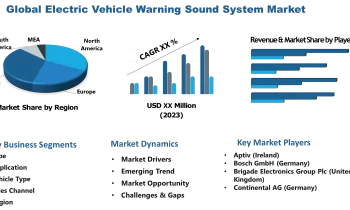
Data released from the German Federal Statistical Office on Thursday showed that inflation in Germany rose to its highest level in 13 years.
Inflation in the world’s fourth-largest economy soared to 3.1% in July compared to the same time last year. The surge in inflation took it to its highest level in over a decade and the highest since the financial crash of 2008.
This was the first time since August 2008 that the annual inflation rate in Germany increased to above 3%.
Inflation in Germany is rising faster than in most other European countries. This is due in part to one-off effects, such as its reversal of last year’s temporary cut in value-added tax, a new carbon tax, and a reweighting of the basket of products used to calculate price changes.
However, Jens Weidmann, the German central bank chief has said he is concerned about the prospect of the ECB’s low-interest-rate environment being extended for too long. Weidmann stated that his advisers expect inflation in Germany to edge towards 5% by the end of this year.
Germany is also suffering from the impact of the global shortage of raw materials. Prices of manufactured goods are rising as German factories struggle with spiraling costs and shortages of materials, such as semiconductors, metals, plastics, and timber. The pandemic has also created bottlenecks in container shipping routes, adding to manufacturing woes.
European Inflationary Pressures
The latest set of economic news from Europe’s largest economy will now put pressure on the European Central Bank (ECB) to review its inflation forecasts. The central bank recently raised its inflation target to 2% but will now face the possibility of introducing further economic stimulus in order to be anywhere near that target.
To compound the inflationary pressures further, Spain’s statistical agency reported on Thursday that its inflation rate was 2.9 percent in July, its highest level since 2017 and up from 2.7 percent in June, fueled by higher prices for accommodation and gas.



